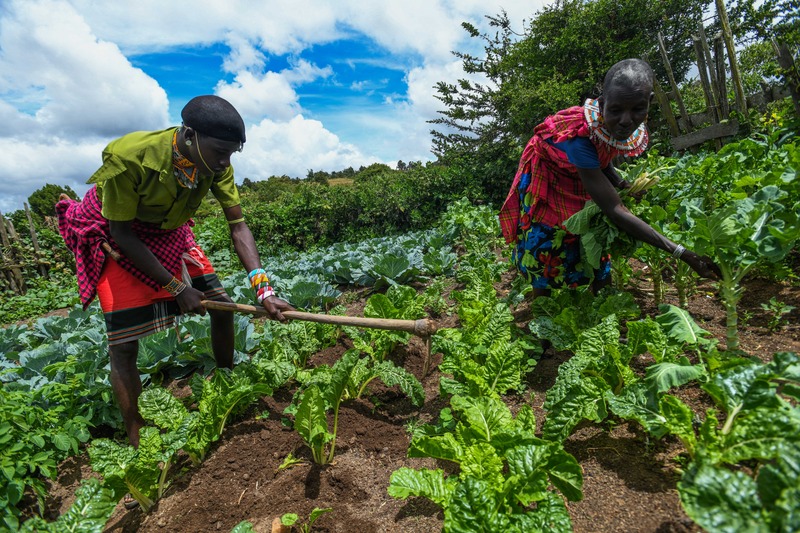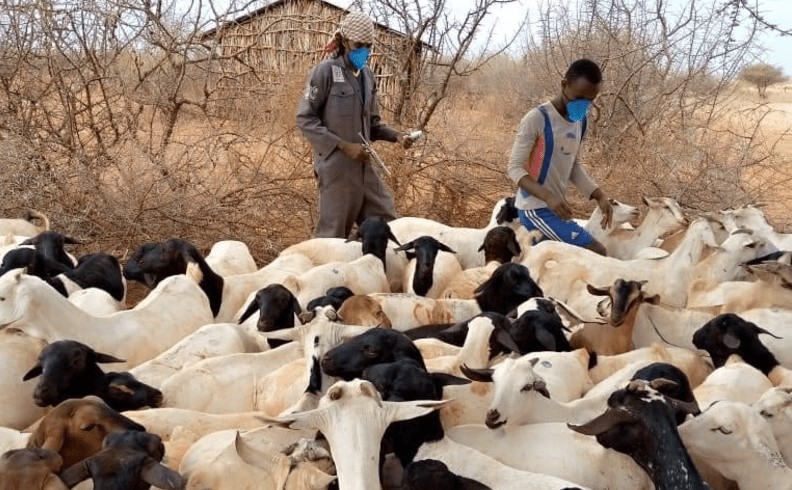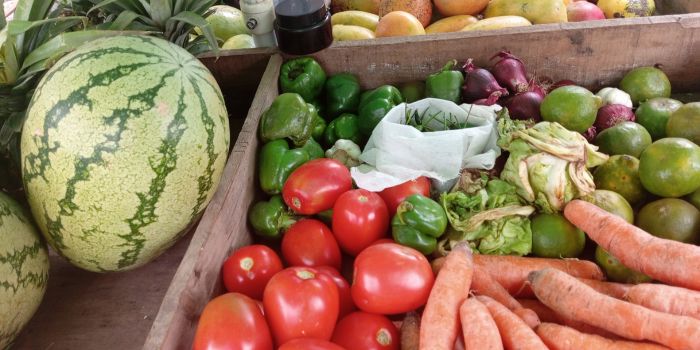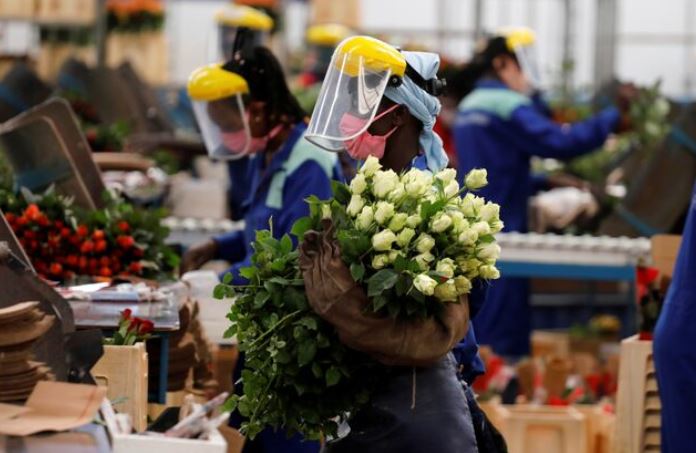Green gold: Kenya reaps Sh50.9bn from fresh vegetables in 12 months

By Ibrahim Omar |
Despite increased earnings from horticulture exports, the government says the sector still faces some challenges.
Kenya’s earnings from exports of fresh vegetables more than doubled to Sh50.87 billion in 2023 as farmers and exporters reap big from the commodity.
This is a sharp increase from earnings of Sh23.15 billion in 2022, marking a jump of 119.7 per cent, according to data from the Horticultural Crops Directorate (HCD).
Keep reading
- MPs raise concerns over effectiveness of Sh981 million edible oil crop promotion project
- State releases 7.5 million bags of fertiliser ahead of 2025 planting season
- Neglect hurts northern frontier's chances of proving its potential - Wajir South MP
- Africa’s worsening food crisis – It’s time for an agricultural revolution
It shows that the increased earnings were driven by a significant jump in the quantities of fresh vegetables which were exported to various countries across the world in 2023.
According to HCD data, Kenyan firms exported 164,060 tonnes of vegetables last year, an increase of 117.5 per cent compared to the 75,400 tonnes of the produce which were exported in the previous year.
It shows that mixed vegetables are the most lucrative vegetable exports from the country followed by beans. Other top vegetable exports are herbs, basil and chillies.
While Kenyans have farmed vegetables for decades, farming for the lucrative export market is relatively new.
With the stakes high in the business, farmers are now repurposing their plots of land to plant vegetable varieties that are in high demand in key export markets such as the European Union (EU), the Middle East and Asia.
Vegetables are one of three horticultural products that Kenya exports. The others are cut flowers and fresh fruits.
According to the directorate, Kenya earned Sh156.69 billion from exporting horticultural produce in 2023, marking a notable increase from earnings amounting to Sh147.08 billion in 2022.
Kenya exported to over 152 destinations in 2023.
“Horticultural products exports are becoming increasingly important in the Kenyan economy,” said HCD.
It added: “Emerging markets are China, India and Kazakhstan. Kazakhstan has replaced Russia as an alternative market in Central Asia.”
The Netherlands retained its spot as Kenya’s largest horticulture market, with Sh42.78 billion worth of fresh produce being sold in the European Union (EU) country.
This was followed by the UK (Sh22.41 billion), France (Sh20.24 billion), United Arab Emirates (Sh9.14 billion) and Germany (Sh7.91 billion).
Despite increased earnings from horticulture exports, the government says the sector still faces some challenges, including the high cost of inputs, particularly seeds, fertilizers, fuel and labour.
It has also pointed to challenges such as inadequate agricultural extension services being provided to farmers and poor crop husbandry practices by especially small-scale farmers leading to low productivity.
“Other challenges include inadequate production infrastructure such as irrigation systems, cold chain facilities and high prevalence of pests and diseases,” said the directorate.
Reader comments
Follow Us and Stay Connected!
We'd love for you to join our community and stay updated with our latest stories and updates. Follow us on our social media channels and be part of the conversation!
Let's stay connected and keep the dialogue going!
















